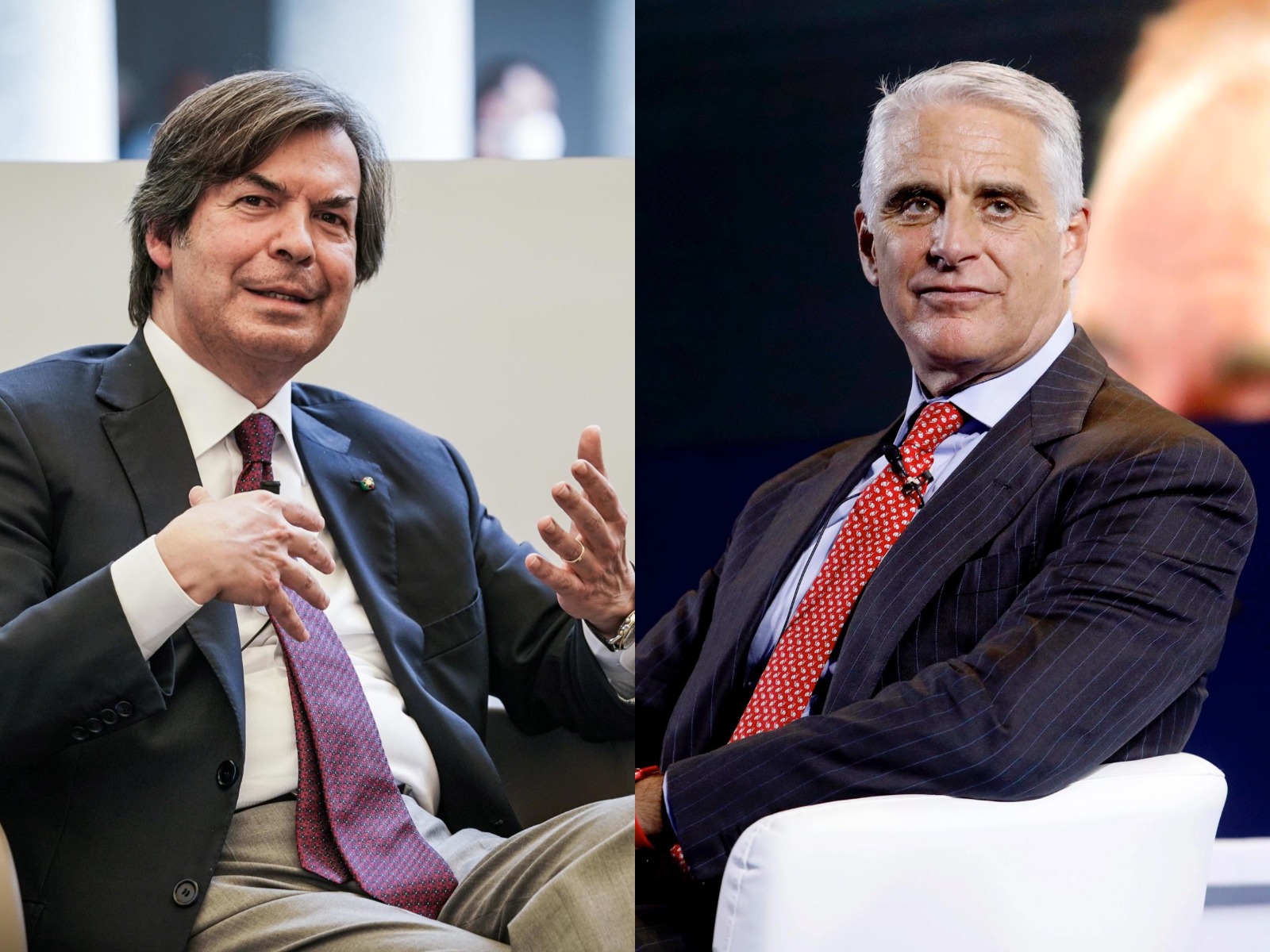Thus, the first Italian banks recorded 6.043 billion net profits in the period January-March 2023, almost three times the profits obtained in the first quarter of 2022 which amounted to 2.2 billion. The continuous increase in prices decided by the President of the European Central Bank, Christine Lagarde. However, according to the Italian government, these profits would arise from a one-way maneuver, because there was no parallel increase in returns on customer deposits and current accounts. The net profit of six billion was largely obtained by the two leading Italian banking groups. Intesa Sanpaolo closed the accounts for the first quarter of 2023 with a profit of 1.956 billion euros, almost doubling compared to a profit of 1.043 billion euros in the same period in 2022. Unicredit achieved its best quarterly income of 2.1 billion euros, compared to 247 million euros the previous year, after incurring The costs of the Russian crisis. Mps also recorded a profit of 235.7 million euros compared to 9.7 million euros in the first quarter of 2022.
All bank accounts have improved significantly compared to the previous year, and that 6 billion in 3 months by the 15 largest banks is even more evident when compared with the 12.9 billion profits made in the whole of 2022 by the 25 largest Italian companies. Certified by the relevant financial statements approved by the associations of companies in recent weeks. It is clear that the matter is not only in the skill of individual bankers and administrators, but in the economic situation (the situation of interest rates) that unites all banks, especially if they are quick to raise the terms of their debtors. And very quick to adjust to savers’ returns. It was precisely this divergence in favor of the banks that caused the government of Giorgia Meloni to light a beacon on the system, making it increasingly likely that taxes on extra profits that had been applied to companies selling electricity, gas would be extended to the credit system and oil. An increasingly realistic hypothesis (according to early drafts, banks will be taxed on accounts whose returns are still very close to zero) that is currently dividing bankers.
The only person who has been on good terms with the government so far seems to be Intesa San Paolo’s senior, Carlo Messina, who said: “We will respect every decision the government makes. At the same time, we hope that, in the event of new tax rules, these additional fees will be used to deal with the main social emergency in the country, which is the case of growing inequality, by adopting measures for those who find themselves in greater difficulty. His counterpart at Unicredit, Andrea Orcel, who has taken a controversial stance against taxing additional bank profits, took a different stance during an interview with CNBC Class where he said, “The increase does not seem justified nor acceptable to me. Taxes are on one sector and not on all companies.” . Ursell also privately threatened retaliation by the credit institutions that had taxed him unjustly: “This would induce,” he said, “the banks not to carry on with their social activity.” In this regard, the director of Unicredit referred to the assistance given to bank employees themselves to deal with high bills, or initiatives to extend the life of mortgages and loans to customers in difficulty: “If they have to pay new taxes,” Orcel argued, “the banks will consider their social activity achieved this way”.
Read also:

“Explorer. Devoted travel specialist. Web expert. Organizer. Social media geek. Coffee enthusiast. Extreme troublemaker. Food trailblazer. Total bacon buff.”



